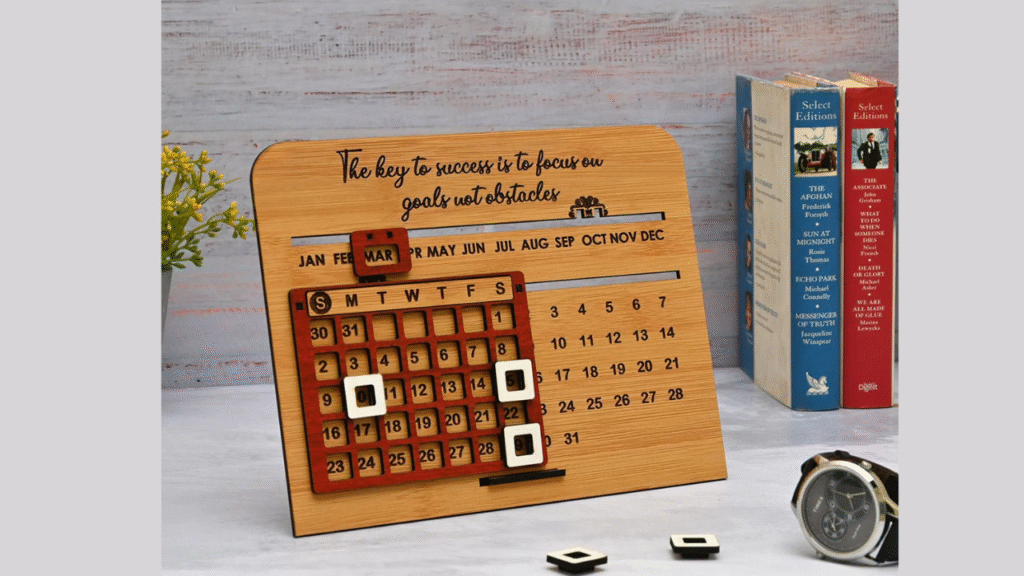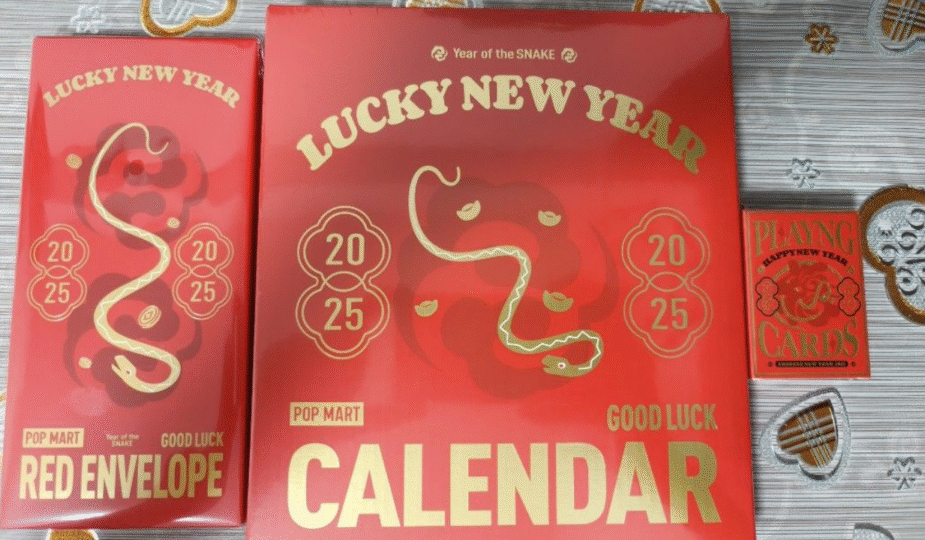Every one of us carries a date that gets circled once a year. Some people treat it as a private holiday, others shrug at it, and a few quietly call it their lucky charm. The question is simple: does your birth date actually tilt the odds in your favor—or is it just a marker we’ve all agreed to honor, giving us a chance to look for patterns where none exist?
I once had a friend who swore her birthday week was magic. She said jobs, small wins, even raffle tickets somehow leaned her way in late May. Another friend celebrates his half-birthday, claiming it gives him two shots at annual good fortune. Whether you smile at that or shake your head, the fact remains: birthdays anchor stories.
This isn’t about mysticism, but it isn’t about debunking joy either. Instead, it’s about seeing how birthdays become scripts that shape choices, how numbers around those dates have been studied, and how you can use them to build habits that make “luck” less random.
The Stories We Grow Up With
Think back to childhood. Maybe someone told you being born on New Year’s Day meant you’d always be ahead of the curve. Or maybe you know someone with a Halloween birthday who leans into the spooky jokes every single year. Families and cultures love attaching meaning to dates.
There’s the Friday-the-13th kid who gets teased in school but learns to shrug off superstition early. Leap-year babies are a category all their own. They grow up with the oddity of counting “real” birthdays every four years, which makes their celebrations memorable for friends and family. Those quirks leave a mark on how they see themselves.
Cultural overlays take it further. In some traditions, being born during a certain festival is considered auspicious. In others, it’s tied to name-days, harvest seasons, or zodiac cycles. A birthday that coincides with Diwali, Christmas, or Hanukkah often means double gatherings, double gifts, and a stronger sense of identity.
Why do these stories stick? Because they become memory magnets. Every year, the calendar calls you back. That repetition reinforces jokes, rituals, and the sense that the date itself has weight. And when something has weight, it changes how you carry yourself.
These scripts don’t dictate outcomes in a cosmic sense, but they shape behaviors. If you were always told your birthday was “lucky,” chances are you walk into that week more open to opportunity. If your day was tied to something dark or unlucky, you may either push against it with confidence or quietly step back. Either way, the story becomes part of the way you act, and action is where luck begins to take form.
What the Numbers Can and Can’t Say
Once you peel back the folklore, there’s the quieter question: does data back any of this up? The answer is nuanced. Birthdays themselves don’t hold mystical power, but timing does create nudges.
Take the relative-age effect. School systems usually set a cutoff date for class entry. Kids born just after the cutoff are the oldest in their class, while those born just before are the youngest. Studies in sports and academics have shown that older kids sometimes get early confidence boosts. They’re bigger, more coordinated, or seem more advanced, so they get picked for teams or praised in class. That confidence snowballs into more practice and recognition. Conversely, the youngest in a class may learn to adapt and toughen up, which becomes its own advantage later.
There are also season-of-birth findings. Some research has suggested that being born in certain months might have tiny correlations with health or educational outcomes. The differences, however, are marginal and don’t determine anyone’s future. What matters more is environment, parenting, and opportunities.
Then there’s the famous birthday paradox. In a group of just 23 people, the odds are better than even that two people share the same birthday. It feels like a magic trick until you do the math. The paradox teaches us that coincidences are common, and when we see them around our own dates, we label them as special, feeding into the sense of luck.
Games of chance bring birthdays into play too. Lotteries and raffles often see people picking numbers tied to birthdays—days between 1 and 31. That creates clusters. If you win with a common date, you may end up splitting the pot with more people. Your “lucky numbers” may not hurt your odds of winning, but they can cut into your payout.
So, what do the numbers say? Birthdays matter less as predictors of luck and more as contexts that shape the timing of opportunities and the stories we build. They are the stage, not the script.
Your 30-Day “Birthday Luck” Checkup
If birthdays hold weight mostly because of the meaning we give them, then why not test it directly? That’s where the Luck Ledger comes in.
For thirty days, jot down every chance you take. Did you ask someone for advice? Apply for a job? Post a project online? Did you get a reply, a win, or a near miss? Note the date, what you did, and what came back. Over time, you’ll see patterns.
Now, tag the days close to your birthday. Many people naturally step forward more during their birthday month. They reach out, host gatherings, or make resolutions. If you find yourself more active in that window, the “luck” might actually be your increased momentum.
Next, check your biases.
- Do you remember the wins near your birthday more vividly than the losses?
- Do you reach out more on “special” days?
- Are you picking birthdate numbers in games that reduce payout chances?
Then there’s the Surface-Area Move. Luck often meets those who increase their exposure. The more people you ask, the more projects you share, the more introductions you make—the more collisions with opportunity you create. If your birthday month gives you a confidence spike, ride it, but don’t stop there. Extend the habit into other months.
Try a small game: if you’re used to relying on birthday numbers, switch to less popular picks for a month. If you’re used to waiting for your “lucky week,” double your outreach in an ordinary week and compare results. It’s less about testing cosmic alignment and more about learning how you behave when the calendar nudges you.
One month of tracking won’t prove or disprove destiny, but it will give you a clear map of where you invite luck in—and where you shut the door.
Make Your Date Work for You

Birthdays can be more than cake and candles. With a little intention, they can become launchpads. Not because the universe bends toward your date, but because you use the rhythm of the calendar to your advantage.
Think of your birthday as fuel, not fate. If you’re born in January, the world around you is already in “fresh start” mode. Launching something during that energy might give you an extra push. If you’re born in August, when many people take holidays, you might use the downtime for deep work or preparation, ready to strike in September when the pace picks up.
Anchor rituals make the difference. Some people practice The Twelve Asks: during their birthday week, they reach out to twelve people they admire or want to collaborate with. Others start a Gratitude Circuit, writing thank-you notes to mentors, friends, or colleagues. Gratitude tends to ripple outward, bringing connections back. A third option is the Serendipity Stack: each month, on a set date, attend one random event and one targeted one. The randomness sparks new encounters; the targeted one keeps you aligned with your goals.
You can also run small A/B tests. Launch a similar pitch or campaign on two different dates and compare responses. Swap birthdate numbers for less popular ones in low-stakes games and track if outcomes feel different.
Over time, these efforts can be tracked in a Birthday Luck Dashboard. Think of it as a one-page log: attempts, replies, introductions, wins, seasonal notes, and the next three “big asks” you’ll make. It becomes less about waiting for luck and more about building a system that attracts it.
Luck, in this light, becomes less like playing the lotto or having a go at the slots, and more like practicing a craft—you improve your odds by increasing your activity and sharpening your timing.
Keep What Works, Let the Rest Go
After a few months of logging and testing, you’ll notice something: some rituals help, others don’t. That’s when it’s time to prune.
Read your ledger. If sending thank-you notes before your birthday leads to more introductions, keep that ritual. If wearing a “lucky color” doesn’t correlate with better outcomes, let it go. The point isn’t to build superstition but to identify which habits actually generate results.
Guardrails are important here. Don’t outsource your agency to a date. Don’t ignore constraints like time, skill, or resources. And don’t confuse a great story with a guaranteed outcome. Stories are valuable for energy and identity, but it’s action that builds luck.
Consider three short sketches:
- A student athlete who used her birthday as a reset point every year, reviewing progress and setting fresh training goals. The ritual mattered more than the date.
- A small business owner who launched annual customer appreciation events tied to his birthday. Clients remembered, and referrals spiked—not because of luck, but because of thoughtful timing.
- A career shifter who used his birthday month to schedule coffee chats. He landed his new job in April, but the habit of steady outreach had started in February around his birthday.
What moved the needle wasn’t the date itself, but the way each person used it as a signal to act.
What Your Birthday Can Actually Tell You
So, what can your birthday tell you about luck? That it’s less about destiny and more about rhythm. A birthday can’t guarantee wins, but it can help you organize courage, renew connections, and create momentum.
Here’s a one-year challenge: keep a Luck Ledger. Schedule three birthday-month outreaches right now. Pick one anchor ritual—gratitude notes, asks, or serendipity stacks—and commit to repeating it. Treat your calendar not as prophecy but as a craft you refine.
The day you were born doesn’t hold the secret to your future. But how you use that date—year after year—can shape the kind of luck you meet along the way.










